#and was declared by UNESCO in 1999
Explore tagged Tumblr posts
Text
📍Patmos island,Greece 🇬🇷
The “Holy” and at the same time cosmopolitan Island
Patmos may be world-famous for its religious heritage, as it was there that the Evangelist John wrote the Apocalypse, but it is also an ideal destination for nature lovers, and has evolved in recent years into a cosmopolitan destination, while maintaining its mystical atmosphere, attracting travelers seeking inner search.
Its unique geomorphological relief with its lacy coastline, steep peaks and volcanic soil combines harmoniously with the mild tourist development, making Patmos an ideal destination for lovers of rural tourism. Equally special in beauty are, however, the labyrinthine cobblestone streets, the paved squares, the traditional mansions, the crystal beaches, the good food, which make the “island of the Apocalypse” a top tourist destination.
The Greek state, in 1981, declared Patmos a “Holy Island”, while in 1999, UNESCO classified the Chora of Patmos, the Monastery of St. John the Theologian & the Cave of the Apocalypse as World Heritage Sites. At the same time, Patmos belongs to the COESIMA network, as one of the seven most important places of pilgrimage in Europe.
Text:Visit Greece google.
🎥: @giorgos_petakos
Καλημέρα Ελλάδα!!
#travel #travelingare #patmos #apocalypse #island #evangelist #john #holyisland #monastery #kalimera #ellada
#lifestyle#myuploads#aesthetic#travel#travelingare#drone photography#architecture#greece#kalimera ellada#patmos island#holy island#monastery of st.John
8 notes
·
View notes
Text






























International Language Day
International Mother Language Day is observed annually on February 21. The first observance was organized by UNESCO as a celebration of linguistic and cultural diversity. There are over 7,000 languages spoken in the world — this is a large number considering that some languages are better documented and more spoken than others. Many ethnic languages, some of which are still spoken by small groups today, will most likely be extinct in a few decades. This is why International Mother Language Day is so important, as it is part of a larger initiative to revive many communities’ linguistic heritage.
History of Language Day
UNESCO first established International Mother Language in 1999. The first inaugural celebration was held in 2000. This annual commemoration began as a tribute to the Bengali Language Movement, which sought to recognize Bengali as the official language of modern-day Bangladesh. Historically, this region was considered part of East Pakistan, and it had large Bengali communities with a distinctive language and culture. The plight of the Bengali language is representative of many similar ones faced by small linguistic communities around the world.
The Bengali movement’s plight can most likely be traced back to the establishment of Pakistan in 1947. The Bengali Language Movement began in East Pakistan’s Bengali communities and gained prominence in the early 1950s. To gain official recognition for their language, the movement held public meetings and rallies. In 1952, police opened fire on the Bengali Language Movement’s mass procession march. Several people were killed, and hundreds more were injured. The day of this incident was to be commemorated by Bengalis as a national holiday.
This story later inspired the United Nations to designate February 21 as International Mother Language Day. The U.N. initiative’s goal is to save the world’s languages from extinction. Since 2000, every international observance has had a theme. Each year’s celebration tries to add new elements to educational efforts to preserve indigenous languages and promote language learning. As a result, the celebration of the Bengali Language Movement becomes an international phenomenon that honors languages all over the world.
Language Day timeline
1952
Mass Procession
Bengalis march in a historic procession that ends in police violence that kills and injures countless people.
1955
First Observance In Bangladesh
For the first time, Bangladesh observes Language Movement Day as a national holiday.
1999
First Proclamation
In commemoration of the Bengali Language Movement, the United Nations declares February 21 as International Mother Language Day.
2008
Year Of Languages
In keeping with the annual commemorations of this day, the United Nations declares 2008 the International Year of Languages.
Language Day FAQs
How many languages are in the world?
There are more than 7,000 languages in the world still in use today, with only around 4,000 having a written form.
What is the most spoken language in the world?
Although English is the most widely spoken language, with over 1.13 billion speakers, Mandarin Chinese has the most native speakers, with approximately 1.11 billion speakers.
What is the hardest language to learn?
There are many difficult languages, but the hardest to learn are Chinese, German, Russian, and Arabic.
How to Observe Language Day
Take part in effortsSeveral efforts will be organized to further enable the goals of International Mother Language Day, as one of the most widely celebrated international events. Volunteering with cultural centers can be a rewarding experience as well as a useful service.
Start learning a languageWhat better way to honor languages than by starting to learn one? This is not a simple task, but taking the first steps can serve as the foundation for a life-long and rewarding project.
Learn the historyThe importance of languages in our cultures and civilizations cannot be overstated. As a result, learning the history of languages and how they evolved can be a good starting point for honoring them. Many events and discussions are planned during this international observance to shed light on these topics, with learning resources available.
5 Incredible Facts About World Languages
Least spoken language: Taushiro, or Pinche, is a nearly extinct language of the Peruvian Amazon, with only one living speaker.
Oldest written language: The Sumerian language is the oldest written language in history, dating back to 3000 B.C.
Most official languages: Zimbabwe has 16 officially recognized national languages, more than any other country in the world.
Most spoken languages: Papua New Guinea has 840 distinct spoken languages, making it the country with the most spoken languages.
Largest alphabet: The Khmer language, which is mostly spoken in Cambodia, has the largest alphabet of any language with 74 characters.
Why Language Day is Important
Many languages are endangered: Although there are many spoken languages today, the majority of them are in danger of extinction. This is one of the primary motivations for this international observance. Many languages are at risk of extinction because they are largely undocumented.
Languages develop through interaction with others: Every language has aspects of its syntax and vocabulary that have been influenced by other languages. This is how many languages evolved into their current form throughout history. Language preservation will help to keep the world's linguistic landscape rich and diverse.
Multilingualism: According to several statistics, at least half of the world's population is bilingual. Multilingualism is becoming more popular not only for professional or educational reasons but also as a culturally rewarding learning experience.
Source
#First Nations#International Language Day#InternationalLanguageDay#21 February#travel#architecture#cityscape#sign#USA#Canada#Europe#Jordan#vacation#tourist attraction#landmark#original photography#Sweden#Germany#France#Switzerland#Spain#Portugal#Norway#Ireland#Japantown#Chinatown#Latin#landscape
3 notes
·
View notes
Text
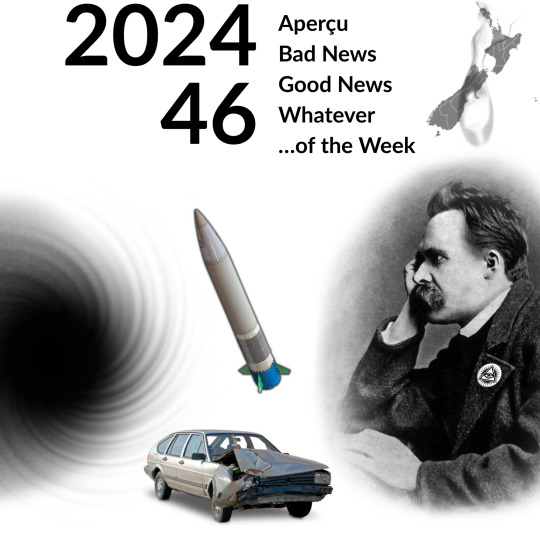
2024 / 46
Aperçu of the week
„F-e-a-r has two meanings: Forget everything and run. Or Face everything and rise."
(Thomas Wirth on his transportable mega artwork "Global Gate", which is currently on display at the Zollverein UNESCO World Heritage Site in Essen, North Rhine-Westphalia)
Bad News of the Week
"The Sick Man of Europe" was the headline of the British business magazine 'The Economist' in 1999, describing the toxic mixture of the burdens of reunification, a rigid labor market, excessive social benefits and a lack of dynamism that weighed Germany down at the time. 25 years later, it's that time again. Because Europe's largest economy is sick again. And this time even more fundamentally. And with very bad timing.
Yes, there was the coronavirus shock. And yes, there were supply chain problems and inflation. But the fundamental problem is homemade: Germany has been asleep politically and economically. And must now be careful not to fall into a coma. Like Japan, Germany has always been an exporter of high-quality goods. And, like Japan, has been too slow and inadequate in adapting to a new global economy. The shift of the dominant nations, the USA and China, has made it a very different one today than it was ten years ago.
Thanks to its huge market, China has been able to force foreign companies to settle locally and enter into partnerships. Originally "the world's extended workbench", China was able to benefit from an enormous transfer of technological knowledge in a short space of time. And thus became a quality supplier itself. As a result, China now covers more of its own production needs and has also become a serious competitor on the global market. Both bad for exporting nations.
The USA, on the other hand, has once again placed itself at the forefront of technological development (connectivity, digital, AI, etc.) and at the same time has brought industrial production back into the country through an increasingly isolationist trade policy. The restrictions imposed by Donald Trump in his first term of office were not (!) reversed by Joe Biden's government. And Trump has unequivocally announced that he will continue to tighten the America First screw - his declared favorite word is "import tariffs". Both bad for exporting nations.
The German flagship industry, automotive manufacturing, is symptomatic of the general economic trend. After decades of success stories and technological and brand leadership, we were crushed by electromobility. Which we underestimated in many respects. For example, the fact that it considerably simplifies vehicle construction - which brings us back to the competitive pressure from the USA and China. Now the share prices of our former industrial jewels are plummeting, short-time work is being introduced everywhere and now there is even talk of entire plant closures: Volkswagen - not long ago worlds biggest manufacturer - alone wants to close three German factories.
The political magazine Cicero analyzes: "The location conditions in Germany are getting worse and worse. In particular, the excessive bureaucracy, the tax burden and the high energy prices are having a negative impact. If politicians fail to find solutions here, things will look bad for the industrial future." Rising unemployment will increase social spending. At the same time, labor costs will continue to rise due to inflation. And the infrastructure, which has been neglected for 20 years, should be urgently and expensively modernized. Not to mention the necessary climate-neutral restructuring of the economy. I find it difficult to be optimistic about our economic future right now...
Good News of the Week
Lately, Ukraine has had to accept rather bad news from the USA. Donald Trump himself and his entourage have confirmed more than once that the extensive military aid from the USA will certainly not continue in full. This means that half of the arms deliveries are at risk and full compensation from other countries - Germany is a distant second - is practically impossible.
But now there has probably been a kind of farewell gift from Joe Biden, which could possibly even be a game changer. It concerns long-range weapons systems and their use on Russian territory. Until now, this was formally prohibited, as Ukraine's partner countries wanted to avoid the escalation of being seen as a party of war themselves. Specifically, this means that the US ATACMS missiles with their range of 300 kilometers can also be deployed behind the Russian border.
This is a decisive strategic advantage that replaces a previous disadvantage. Until now, the aggressor's supply routes, weapons depots, military bases, etc. have been practically unassailable. The outcry on the Russian side is correspondingly great. The "first deputy chairman of the International Affairs Committee of the Russian Federation Council" (yeah, that's his title) Vladimir Jabarov even speaks of an "unprecedented step of escalation that could lead to the start of the Third World War".
Ukraine's NATO neighbor Poland, for example, sounds different. Foreign Minister Radoslaw Sikorski wrote on Twitter that Biden had responded to the deployment of North Korean troops to Russia and the massive Russian missile attacks on Ukraine "in a language that Vladimir Putin understands". Let's hope so. And let's also hope that Germany, for example, allows the use of its Taurus cruise missiles, which experts see as ideal for Ukrainian defense purposes. The current Chancellor Olaf Scholz has always refused to do so. By contrast, the likely incoming chancellor (in the early elections at the end of February 2025), conservative opposition leader Friedrich Merz, is in favor. As far as I know, this is the only position where I am leaning more towards Merz than Scholz. So at least there's something good in this respect too...
Personal happy moment of the week
I've really thought about it. But I'm so stressed at the moment that happiness just doesn't get enough attention. But I did remember one thing: we got our winter tires fitted just in time before the first snow. You get modest in age... ;-)
I couldn't care less...
...that it is always possible to use legal sophistry to overturn a groundbreaking court ruling. In this case, and once again at the expense of the environment. The British-Dutch oil and natural gas giant Shell does not have to drastically reduce its CO2 emissions after all. This is because a civil court in The Hague overturned a corresponding climate ruling by the court of first instance and dismissed the lawsuit brought by environmentalists. The latter had originally demanded that the company reduce its carbon dioxide emissions by a net 45 percent by 2030. However, the appeal chamber found that this figure lacked a "reliable basis for calculation". Excuse me? So now - exactly: nothing is happening.
It's fine with me...
...that fat doesn't always have to be bad. It's actually considered fattening. And extremely unhealthy, especially belly fat, which not only looks shitty (I've been developing alarmingly for ten years now), but can also damage the organs. However, a study by the Charité hospital in Berlin and the German Institute of Human Nutrition (DIfE) in Potsdam has now shown that a diet containing polyunsaturated fatty acids - such as those found in oils, nuts, avocado or fish - not only melts belly fat, but also has a positive effect on cholesterol levels, blood pressure and the brain. That should give me pause for thought.
As I write this...
...EU Commission President Ursula von der Leyen is putting together her new Commission. Each country has the right to one post - with 27 countries in the European Union, this is quite a large governing body. Its members are appointed by the respective country. So in the case of Italy, for example, Raffaele Fitto from the right-wing Fratelli d'Italia is actually an imposition - but in the shadow of Viktor Orban, everyone seems harmless. Nevertheless, von der Leyen seems to have managed to find a balanced personnel tableau. This is also necessary, as this Commission can only be confirmed as a whole by the European Parliament. Or not.
Post Scriptum
Apparently, New Zealand is not a perfect world either. At least not for the original population, because ruthless colonialism was also practiced there. Prime Minister Christopher Luxon has publicly apologized in parliament for the immense suffering that occurred according to an investigation by the Royal Commission of Inquiry. Around 200,000 mainly young people and mainly indigenous Maori experienced violence in New Zealand's state and religious institutions between 1950 and 1999. In view of a population of just 5 million, this is a huge number. This means that almost one in three people under protection suffered some form of abuse. We're talking about rape, electric shocks and sterilization, among other things. Whew, that's hard to take. I could cry over their wounded souls.
#thoughts#aperçu#good news#bad news#news of the week#happy moments#politics#artwork#germany#europe#sick#the economist#economy#crisis#usa#china#exporter#ukraine#donald trump#joe biden#russia#judiciary#co2 emissions#shell#belly fat#european union#ursula von der leyen#new zealand#child abuse#nutrition
4 notes
·
View notes
Video
DHR 779 taking water por Peter Velthoen Por Flickr: near Ghoom, The Darjeeling Himalayan Railway DHR 779 Himalayan Bird West Point "Railway Engine Watering Point" Darjeeling West Bengal India 17 Dember 2005 The Darjeeling Himalayan Railway, also known as the DHR or the Toy Train, is a 2 ft (610 mm) gauge railway that runs between New Jalpaiguri and Darjeeling in the Indian state of West Bengal. Built between 1879 and 1881, it is about 88 km (55 mi) long. It climbs from about 100 m (328 ft) above sea level at New Jalpaiguri to about 2,200 m (7,218 ft) at Darjeeling, using six zig zags and five loops to gain altitude. Six diesel locomotives handle most of the scheduled service, with daily tourist trains from Darjeeling to Ghum – India's highest railway station – and the steam-hauled Red Panda service from Darjeeling to Kurseong. Steam-enthusiast specials are hauled by vintage British-built B-Class steam locomotives. The railway's headquarters are at Kurseong. On 5 December 1999, UNESCO declared the DHR a World Heritage Site. Two more railway lines were later added, and the site became known as one of the mountain railways of India. (Wikipedia)
7 notes
·
View notes
Text
Evolution of education in the Current Eco-Political environment and effects of it on Higher Education experiences Introduction Education had always been the priority of the Government in almost all nations across the globe along with Food, Law and Order, Public Healthcare like elements of governance. The education whether in a Micro level or a macro view has its own utilities those have made the Universities and schools as part of Knowledge economy. From a very ancient age, the Humanity has given knowledge development a good amount of focus to have an overall socio-cultural improvement that gives a nation an intellectual and innovation capacity for a better utilization of learning for larger social good. The Universities as the topic suggests are regarded as a place where the students are expected to pursue higher education for further development in work and social life by developing the knowledge further. However, the advent of modern day technologies have brought in new challenges those the traditional Universities are facing and thus seeking an evolution to keep up with the aspirations of the global student’s community. Therefore, the essay would evaluate the strategic Management approach that they are undertaking to deal with the concurrent changes where the Capabilities of Management to deal with such twists and turns of Higher education models (Nonprofit sector yellow book, 1999). Knowledge Management Evolutions in the Internet age upon Higher Educational practices The universities are considered as the center for higher education where the students have the opportunity to learn and acquire knowledge of their choice. However, the education in higher phase of University education is a cost related affair where the fees for such learning were considered high and unaffordable to many students of various economies (McIntyre and Alon 2005). Again, in few nations the scopes of learning a particular subject in the universities are not available which acts as a barrier to the educational ambitions of the perspective students. Nevertheless, the information technology has a great role to play in such a case where the students from different cultural, demographical, economical backgrounds can pursue the desired education via the modern day Internet media with an affordable cost sitting at a location of their choice where the dual purpose of education and personal commitments of the students remains unaffected and thus the higher education scope is now opened its doors for all. The virtual class rooms are becoming more and more common where various universities are transforming themselves to incorporate such new ideas. Since education and social health have a direct correlation therefore the UNESCO’s declaration of Education for all across the globe is a notable step forward that seeks equality in education and knowledge access irrespective of the student’s background Read the full article
0 notes
Text

Send from Sansgreet Android App. Sanskrit greetings app from team @livesanskrit .
It's the first Android app for sending @sanskrit greetings. Download app from https://livesanskrit.com/sansgreet
World Poetry Day is celebrated on 21 March, and was declared by UNESCO (the United Nations Educational, Scientific and Cultural Organization) in 1999, "with the aim of supporting linguistic diversity through poetic expression and increasing the opportunity for endangered languages to be heard". Its purpose is to promote the reading, writing, publishing and teaching of poetry throughout the world and, as the original UNESCO declaration says, to "give fresh recognition and impetus to national, regional and international poetry movements".
#sansgreet #sanskritgreetings #greetingsinsanskrit #sanskritquotes #sanskritthoughts #emergingsanskrit #sanskrittrends #trendsinsanskrit #livesanskrit #sanskritlanguage #sanskritlove #sanskritdailyquotes #sanskritdailythoughts #sanskrit #resanskrit #celebratingsanskrit #worldpoetryday #poetry #poetryday #worldpoetry #poet #poem #poems #unesco #internationalday #poetrycommunity #poetrylovers #poetryisnotdead #poetryofinstagram #poetryislife
#greetingsinsanskrit#sanskritgreetings#sanskrittrends#trendsinsanskrit#livesanskrit#sanskrit#celebratingsanskrit#incredibleindia#indianarmy#kerala#poem#poetry
0 notes
Text


INTERNATIONAL MOTHER LANGUAGE INSTITUTE IS HIRING!
Company Overview:
The International Mother Language Institute (IMLI) was inspired by Bangladesh's sacrifice on February 21, 1952, to preserve its mother language, Bangla. This legacy led to the UN's declaration of February 21 as International Mother Language Day in 1999. The initiative, led by Rafiqul Islam and the Mother Language Lovers’ Association, succeeded through the efforts of Prime Minister Sheikh Hasina. She proposed the establishment of IMLI to preserve endangered languages, conduct research, and share knowledge on language movements. Inaugurated in 2010, IMLI has since become a UNESCO Category 2 institute and aims to be a global hub for mother language research.
Company Website: https://imli.portal.gov.bd
Please see images for further description.
0 notes
Text
Tolerance Project Extra International Day for Tolerance
Note this blog is a revised version of an article I wrote 4 years ago
Introduction
Today November 16th marks the United Nations annual day for Tolerance to quote the website
It was started by the UN General Assembly, with the goal of getting educational institutions and the general public to see tolerance as a staple of society. And it came after the United Nations declared a Year for Tolerance in 1995.
In 1995, UNESCO created the Declaration of Principles on Tolerance as a way to define and provide awareness of tolerance for any and all governing and participating bodies. That day in 1995 was November 16. Now, as an anniversary of that Declaration, we celebrate the International Day for Tolerance every November 16 to help spread tolerance and raise awareness of any intolerance that may still be prevalent in the world today. Although we should be tolerant every day, it’s always good to have one occasion to remind us just how important tolerance is


What does the actual word Tolerance mean the dictionary defines the word as follows: the ability or willingness to tolerate the existence of opinions or behaviour that one dislikes or disagrees with:
In 1999 I made my own film called Tolerance along with some friends that tried to show what it was like living with a disability with a little fun along the way the word Tolerance is a strange one as everybody I speak to seems to have a different idea about what the word means to them I interviewed some of the cast and crew for the Tolerance film publicity material I asked them this question
The Film was originally called Tolerance what does that word mean to you ?
Richard Hellawell who wrote and directed the Tolerance film answered the question like this when I interviewed him as part of the Tolerance film 25th Anniversary celebrations
Tolerance initially meant listening to people and trying to understand where they were coming from even if you did not agree with them. After working with the group I changed my mind to believing it is not just our job to listen to people but to try and make a difference. We shouldn’t just accept something is wrong we should try and make a change so the word Tolerance to me now means change though I’m sure that’s not in the thesaurus.
David Smith who played Robert in the film wrote this : It's about how we value and welcome those who are different from us, about understanding difference. I prefer “Acceptance”, “Diversity” & “Inclusion” - as they don't load difference with notions of superiority/inferiority.

I asked Gemma Blagbourgh and Kate Faulkner the same question and again both their answers were different
Gemma wrote Tolerance means recognising and working with peoples similarities, and working with their strengths and creating opportunities and understanding so that regardless of different points of view people can work together towards a common goal

Kate replied with Tolerance means many things to me an understanding of people with different beliefs or opinions or a fairness and openness when dealing with people different to you
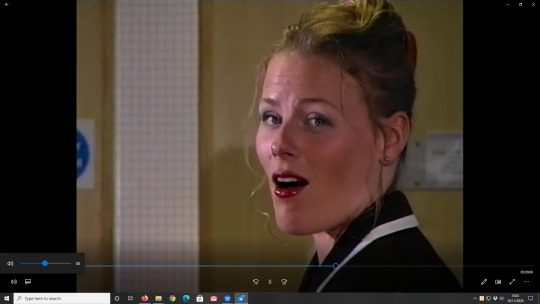
Ian Medley who was our Director of Photography had this to say :Tolerance means to me the ability to listen and understand all views without bias.
Even though you may disagree with a comment, a cause, treatment of another, I never judge. (until someone is hurt)
Pictures
1International Day for Tolerance Logo
2Actor David Smith
3 Gemma Blagbourgh
4 Kate Faulkner as she appeared in the Tolerance film playing Mrs Jones
5 Ian Medley in his role as Director of Photography
6 Director Richard Hellawell with Kate Faulkner
7 Me holding a copy of the Tolerance video
Thank you to Gemma Blagbourgh Ian Meadley David Smith Kate Faulkner and Richard Hellawell for the interviews
Lastly The Tolerance Project is still looking for funding so far we have raised over £1545 towards our £2500 target if you want to help us on this special day please consider sending us a small donation by clicking on the link below



#Tolerance project extra#Ben Brown#David Smith#Gemma Blagbourgh#richard hellawell#Ian Medley#Kate Faulkner#November 16th#International day for Tolerance blog#Tolerance Project blog
0 notes
Text
Events 10.12 (after 1970)
1970 – Vietnam War: Vietnamization continues as President Richard Nixon announces that the United States will withdraw 40,000 more troops before Christmas. 1971 – The 2,500 year celebration of the Persian Empire begins. 1973 – President Nixon nominates House Minority Leader Gerald R. Ford as the successor to Vice President Spiro T. Agnew. 1976 – Indian Airlines Flight 171 crashes at Santacruz Airport in Bombay, India, killing 95. 1977 – Hua Guofeng succeeds Mao Zedong as paramount leader of China. 1979 – Typhoon Tip becomes the largest and most intense tropical cyclone ever recorded. 1983 – Japan's former Prime Minister Tanaka Kakuei is found guilty of taking a $2 million bribe from the Lockheed Corporation, and is sentenced to four years in jail. 1984 – The Provisional Irish Republican Army fail to assassinate Prime Minister Margaret Thatcher and her cabinet. The bomb kills five people and wounds at least 31 others. 1988 – Two officers of the Victoria Police are gunned down execution-style in the Walsh Street police shootings, Australia. 1992 – A 5.8 earthquake occurred in Cairo, Egypt. At least 510 died. 1994 – The Magellan spacecraft burns up in the atmosphere of Venus. 1994 – Iran Aseman Airlines Flight 746 crashes near Natanz, Iran, killing all 66 people on board. 1996 – New Zealand holds its first general election under the new mixed-member proportional representation system, which led to Jim Bolger's National Party forming a coalition government with Winston Peters's New Zealand First. 1997 – The Sidi Daoud massacre in Algeria kills 43 people at a fake roadblock. 1998 – Matthew Shepard, a gay student at University of Wyoming, dies five days after he was beaten outside of Laramie. 1999 – Pervez Musharraf takes power in Pakistan from Nawaz Sharif through a bloodless coup. 1999 – The former Autonomous Soviet Republic of Abkhazia declares its independence from Georgia. 2000 – The USS Cole, a US Navy destroyer, is badly damaged by two al-Qaeda suicide bombers, killing 17 crew members and wounding at least 39. 2002 – Terrorists detonate bombs in two nightclubs in Kuta, Bali, Indonesia, killing 202 and wounding over 200. 2005 – The second Chinese human spaceflight, Shenzhou 6, is launched, carrying two cosmonauts in orbit for five days. 2010 – The Finnish Yle TV2 channel's Ajankohtainen kakkonen current affairs program airs controversial Homoilta episode (literally "gay night"), which leads to the resignation of almost 50,000 Finns from the Evangelical Lutheran Church. 2012 – The European Union wins the 2012 Nobel Peace Prize. 2013 – Fifty-one people are killed after a truck veers off a cliff in Peru. 2013 – An apartment building collapse in Medellín, Colombia results in the deaths of twelve people. 2017 – The United States announces its decision to withdraw from UNESCO. Israel immediately follows. 2018 – Princess Eugenie marries Jack Brooksbank at St. George's Chapel, Windsor Castle. 2019 – Typhoon Hagibis makes landfall in Japan, killing 10 and forcing the evacuation of one million people. 2019 – Eliud Kipchoge from Kenya becomes the first person to run a marathon in less than two hours with a time of 1:59:40 in Vienna. 2019 – The Hard Rock Hotel in New Orleans, which is under construction, collapses, killing three workers and injuring 30 others.
0 notes
Text
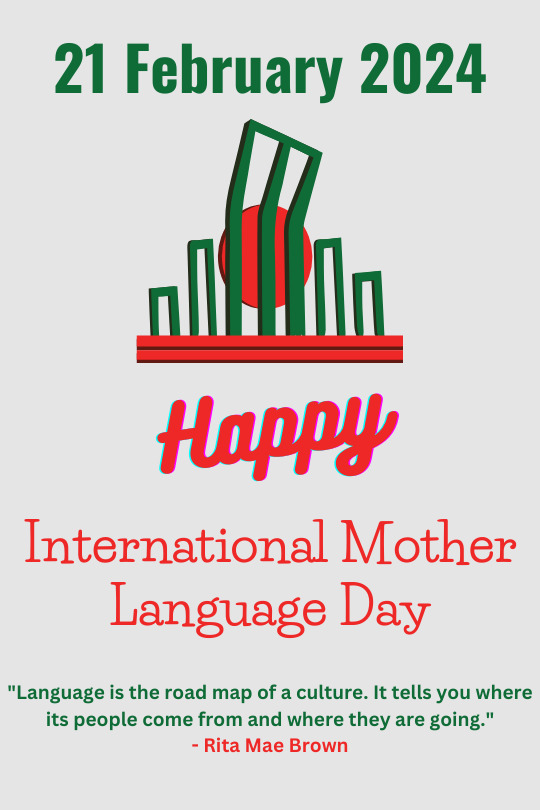
🌐✨ Happy International Mother Language Day! 🗣️ Today, we celebrate the beauty of language, a reflection of our diverse world. Let's honor those who bravely stood up for their mother languages, preserving cultural identity. 🌍❤️
📜 "Language is the road map of a culture. It tells you where its people come from and where they are going." - Rita Mae Brown
🎨 Join us in embracing linguistic diversity! Share your favorite words or phrases in your mother language below. Let's weave a tapestry of languages together! 🌈✨
International Mother Language Day (IMLD) in Bangladesh, observed on February 21st, commemorates the sacrifices of language martyrs during the 1952 Language Movement. Here's a concise overview:
Historical Roots:
Originating from the 1952 Language Movement in Bangladesh, protesting the imposition of Urdu as the sole official language.
Language Martyrs:
Honors those who lost their lives on February 21, 1952, defending the Bengali language.
UNESCO Recognition:
Declared an international day by UNESCO in 1999, acknowledging its global importance.
Ekushey February Celebration:
Centralized at the Shaheed Minar in Dhaka, with people gathering to pay homage to language martyrs.
Cultural Events:
Inclusive of various languages, featuring poetry, songs, and plays.
Educational Initiatives:
Educational institutions organize programs to educate students about the significance of IMLD.
Digital Awareness:
Social media campaigns and online discussions amplify the importance of linguistic diversity.
International Solidarity:
Reflects solidarity with global linguistic diversity.
Language Movement Artifacts:
Museums showcase artifacts related to the Language Movement, preserving historical documents.
Ongoing Relevance:
A continuous commitment to preserving linguistic identity and heritage.
IMLD in Bangladesh stands as a symbol of cultural pride, remembrance, and a steadfast commitment to the diversity of languages globally.
#IMLD
#Bangla
#Ekushey
#MotherTongue
#LanguageMartyrs
#LanguageMatters
#LinguisticDiversity
#CulturalDiversity
#MotherLanguageDay
#InternationalMotherLanguageDay
1 note
·
View note
Text
Hi everyone welcome to my blog my name is Riza Adion Radoc 18 years Old now I want to introduce to town of Puerto Princessa and the beautiful scenery
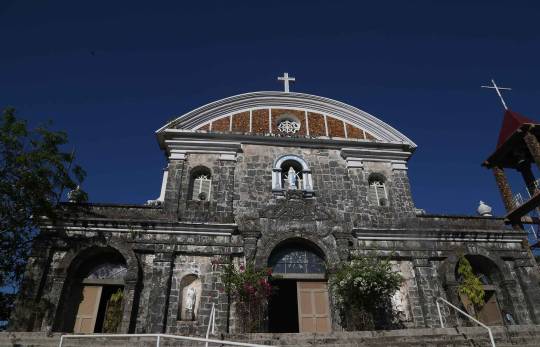
PThe history of Palawan dates back some 22,000 to 24,000 years to about the time when the Tabon Cavemen existed in Quezon, Palawan. A Tibia Bone of a man and a skull cap of a woman unearthed in 1962, which carbon dated to be 47,000 and 16,000 years old respectively.
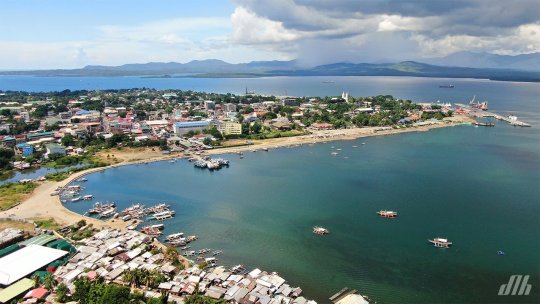
Puerto Princesa is the capital city of the Province of Palawan. It is the center of trade and commerce, communication, education and government service. It divides Palawan into the northern and southern parts. A component city of the province, it constitutes about 17 percent of the total land mass of the province.
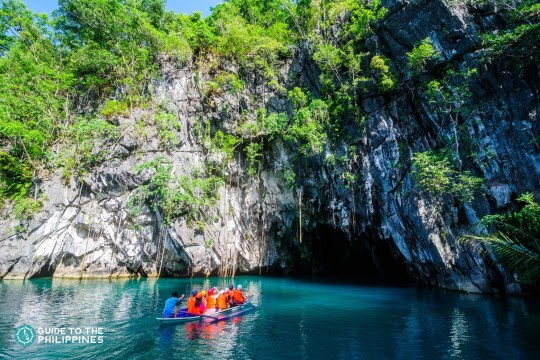
Continental drift pushed the land mass across the sea, limestone deposits formed and erosion over millennia carved out a cave system. The underground river gained international recognition in 1999 when it was declared a UNESCO World Heritage Site for its outstanding universal value.
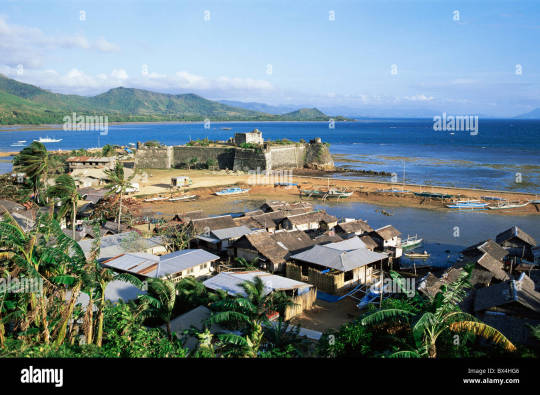
Palawan is long and narrow and trends northeast-southwest between the South China and Sulu seas. It has a maximum width of 24 miles (39 km) and a mountainous backbone that runs its entire 270-mile (434-km) length, with Mount Mantalingajan (6,840 feet [2,085 metres]) in the south as its highest peak.
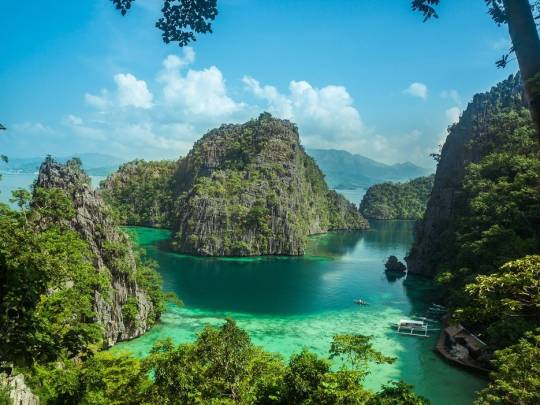
Best Island
Palawan is known as the Philippines' Last Frontier and as the Philippines' Best Island.
1 note
·
View note
Text
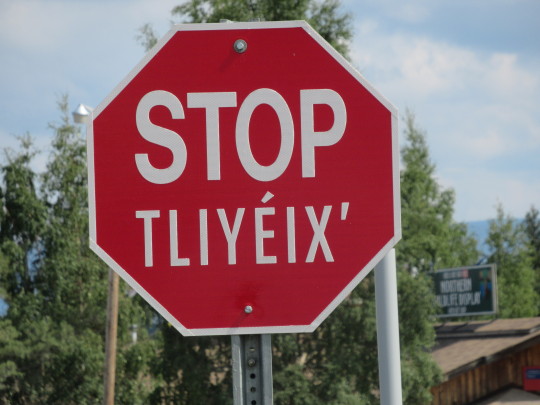
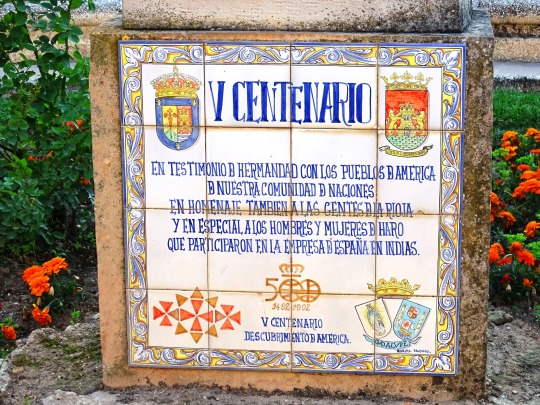



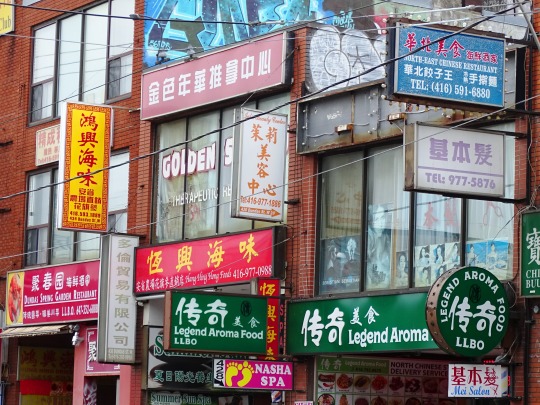
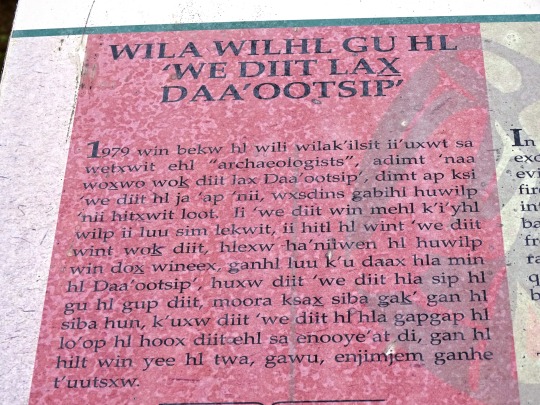



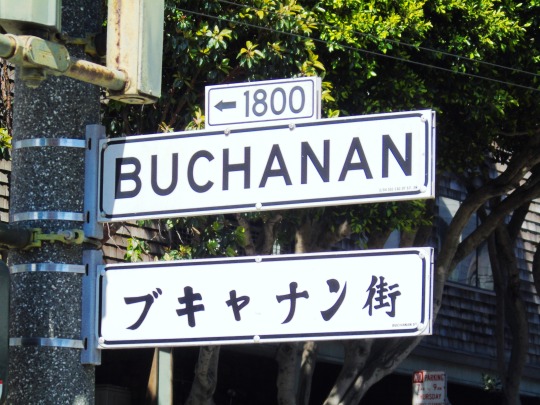
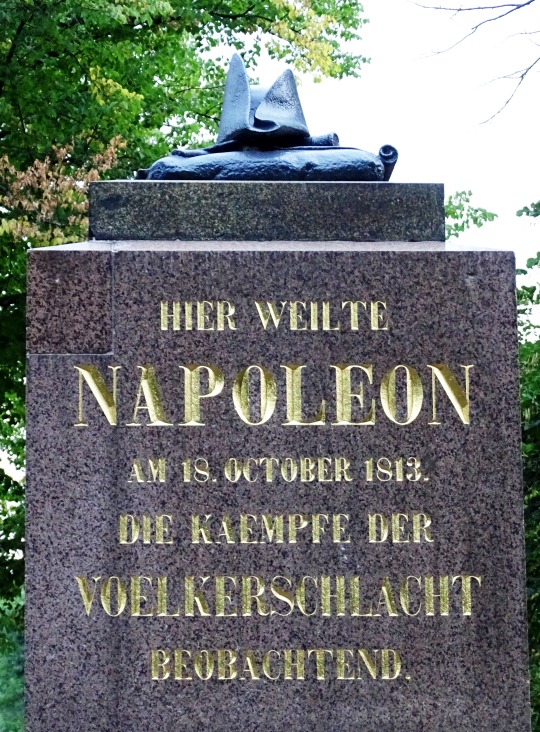

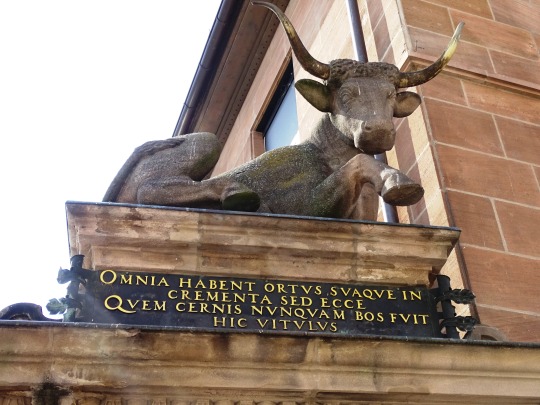
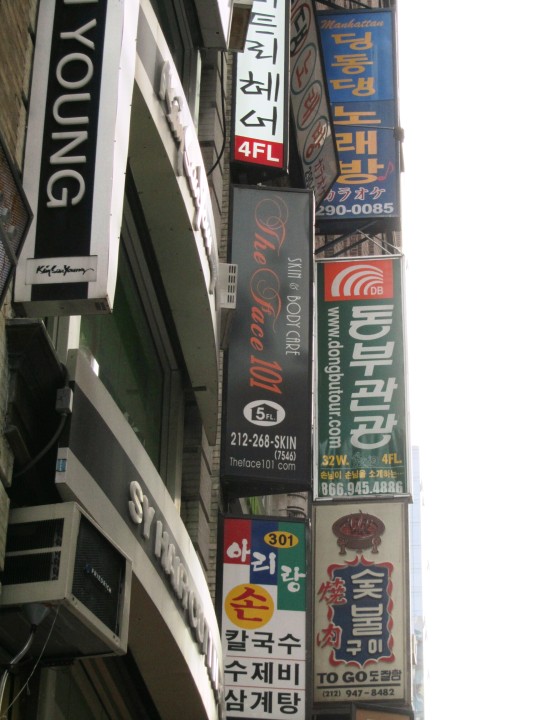
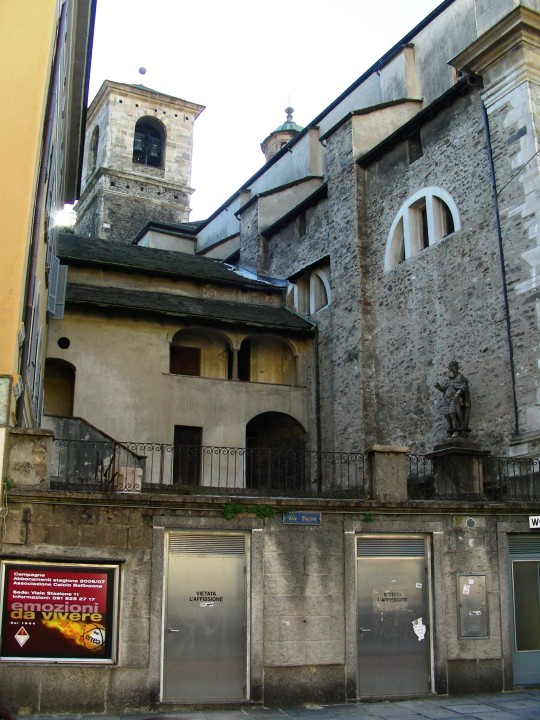
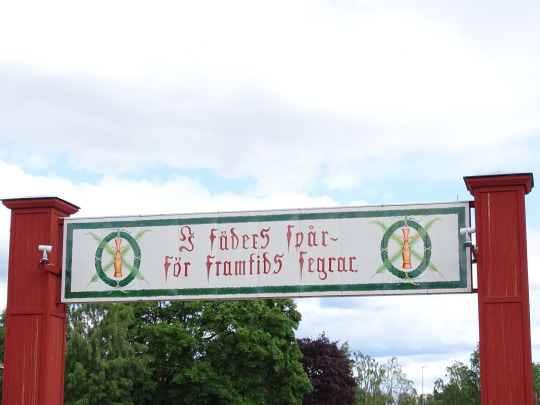


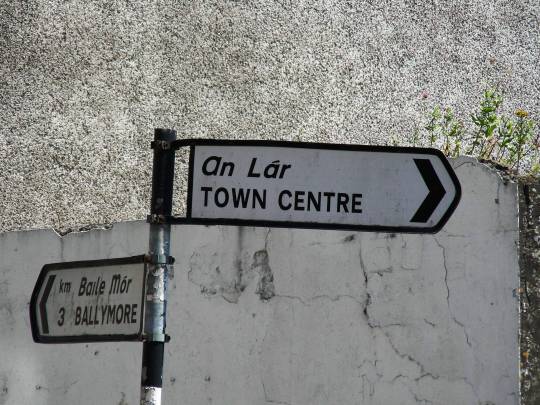
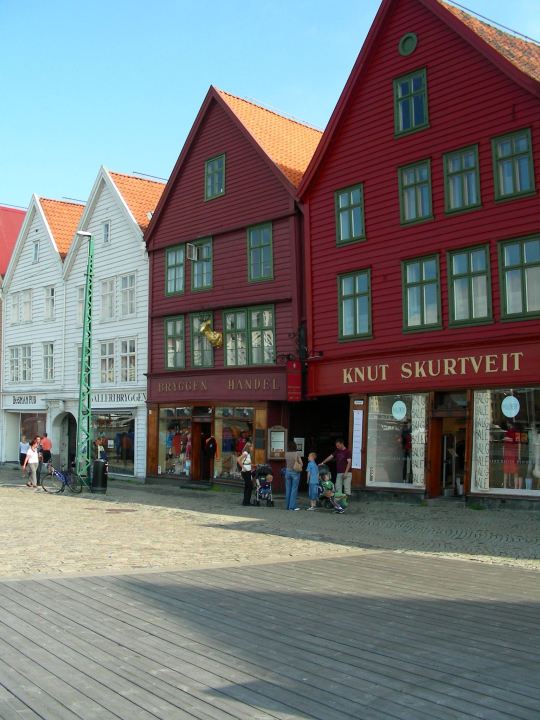
International Language Day
International Mother Language Day is observed annually on February 21. The first observance was organized by UNESCO as a celebration of linguistic and cultural diversity. There are over 7,000 languages spoken in the world — this is a large number considering that some languages are better documented and more spoken than others. Many ethnic languages, some of which are still spoken by small groups today, will most likely be extinct in a few decades. This is why International Mother Language Day is so important, as it is part of a larger initiative to revive many communities’ linguistic heritage.
History of Language Day
UNESCO first established International Mother Language in 1999. The first inaugural celebration was held in 2000. This annual commemoration began as a tribute to the Bengali Language Movement, which sought to recognize Bengali as the official language of modern-day Bangladesh. Historically, this region was considered part of East Pakistan, and it had large Bengali communities with a distinctive language and culture. The plight of the Bengali language is representative of many similar ones faced by small linguistic communities around the world.
The Bengali movement’s plight can most likely be traced back to the establishment of Pakistan in 1947. The Bengali Language Movement began in East Pakistan’s Bengali communities and gained prominence in the early 1950s. To gain official recognition for their language, the movement held public meetings and rallies. In 1952, police opened fire on the Bengali Language Movement’s mass procession march. Several people were killed, and hundreds more were injured. The day of this incident was to be commemorated by Bengalis as a national holiday.
This story later inspired the United Nations to designate February 21 as International Mother Language Day. The U.N. initiative’s goal is to save the world’s languages from extinction. Since 2000, every international observance has had a theme. Each year’s celebration tries to add new elements to educational efforts to preserve indigenous languages and promote language learning. As a result, the celebration of the Bengali Language Movement becomes an international phenomenon that honors languages all over the world.
Language Day timeline
1952
Mass Procession
Bengalis march in a historic procession that ends in police violence that kills and injures countless people.
1955
First Observance In Bangladesh
For the first time, Bangladesh observes Language Movement Day as a national holiday.
1999
First Proclamation
In commemoration of the Bengali Language Movement, the United Nations declares February 21 as International Mother Language Day.
2008
Year Of Languages
In keeping with the annual commemorations of this day, the United Nations declares 2008 the International Year of Languages.
Language Day FAQs
How many languages are in the world?
There are more than 7,000 languages in the world still in use today, with only around 4,000 having a written form.
What is the most spoken language in the world?
Although English is the most widely spoken language, with over 1.13 billion speakers, Mandarin Chinese has the most native speakers, with approximately 1.11 billion speakers.
What is the hardest language to learn?
There are many difficult languages, but the hardest to learn are Chinese, German, Russian, and Arabic.
How to Observe Language Day
Take part in effortsSeveral efforts will be organized to further enable the goals of International Mother Language Day, as one of the most widely celebrated international events. Volunteering with cultural centers can be a rewarding experience as well as a useful service.
Start learning a languageWhat better way to honor languages than by starting to learn one? This is not a simple task, but taking the first steps can serve as the foundation for a life-long and rewarding project.
Learn the historyThe importance of languages in our cultures and civilizations cannot be overstated. As a result, learning the history of languages and how they evolved can be a good starting point for honoring them. Many events and discussions are planned during this international observance to shed light on these topics, with learning resources available.
5 Incredible Facts About World Languages
Least spoken language: Taushiro, or Pinche, is a nearly extinct language of the Peruvian Amazon, with only one living speaker.
Oldest written language: The Sumerian language is the oldest written language in history, dating back to 3000 B.C.
Most official languages: Zimbabwe has 16 officially recognized national languages, more than any other country in the world.
Most spoken languages: Papua New Guinea has 840 distinct spoken languages, making it the country with the most spoken languages.
Largest alphabet: The Khmer language, which is mostly spoken in Cambodia, has the largest alphabet of any language with 74 characters.
Why Language Day is Important
Many languages are endangered: Although there are many spoken languages today, the majority of them are in danger of extinction. This is one of the primary motivations for this international observance. Many languages are at risk of extinction because they are largely undocumented.
Languages develop through interaction with others: Every language has aspects of its syntax and vocabulary that have been influenced by other languages. This is how many languages evolved into their current form throughout history. Language preservation will help to keep the world's linguistic landscape rich and diverse.
Multilingualism: According to several statistics, at least half of the world's population is bilingual. Multilingualism is becoming more popular not only for professional or educational reasons but also as a culturally rewarding learning experience.
Source
#First Nations#International Language Day#InternationalLanguageDay#21 February#travel#architecture#cityscape#sign#USA#Canada#Europe#Jordan#vacation#tourist attraction#landmark#original photography#Sweden#Germany#France#Switzerland#Spain#Portugal#Norway#Ireland#Rune Stone#Japantown#Chinatown#Latin
0 notes
Text
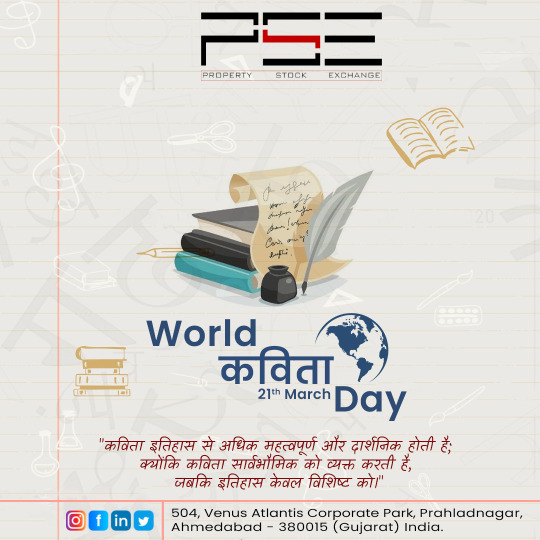
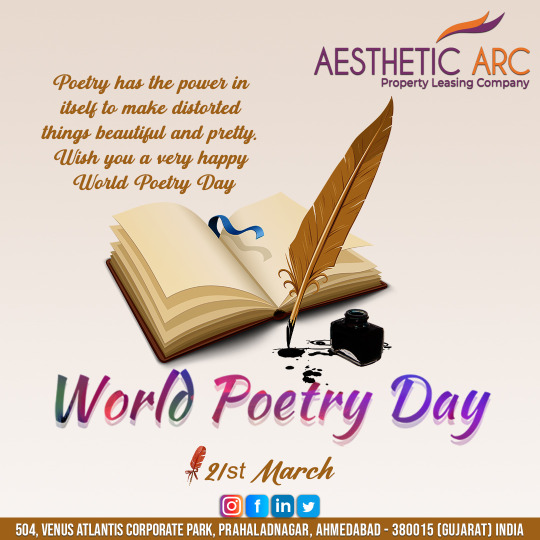
World Poetry Day is celebrated on 21 March, and was declared by UNESCO in 1999, "with the aim of supporting linguistic diversity through poetic expression and increasing the opportunity for endangered languages to be heard".
312 notes
·
View notes
Photo

Around mid-April, 1698, pirate Captain William Kidd burned his ship the Adventure Galley at St. Mary’s (Île Sainte-Marie), Madagascar, according to crewmember William Jenkins. Kidd had been sought by the East Indies Company after having committed an act of piracy in taking the Quedah Merchant ship, and had taken refuge at the pirate haven at Madagascar. However, during his stay, his crew largely abandoned him due to his “terrible leadership” and signed on with his old nemesis Robert Culliford. This left Kidd without the man-power to crew both his Adventure Galley and his captured Quedah Merchant (renamed the Adventure Prize), so he ordered the Adventure Galley to be burnt, allowing it to sink beneath the water. Kidd had described her as “very leaky,” likely due to a rotten hull, and considered her unseaworthy as well. However, Kidd’s own story does not mention setting her ablaze like William Jenkins’ story, instead Kidd’s story simply said that the small crew couldn’t keep her afloat any longer and she sank.

During 1999-2000, the Discovery Channel sent underwater explorer Barry Clifford to find the Adventure Galley. He discovered timbers of English Oak, a metal bar inscribed with the letters “T” and “S,” and a few artifacts he claimed to have been from the Adventure Galley, but a UNESCO expert team rejected the conclusions, declaring the “apparent shipwreck” to only be broken parts of port construction, and the lead being a piece of ballast.
(pictured is a map depicting St. Mary’s off the northern coast of Madagascar, and Barry Clifford's discovered piece of lead from the alleged shipwreck)
#William Kidd#Pirate#Pirates#Pirate History#History#17th century#piracy#ship#Madagascar#pirate haven#artifact#Barry Clifford
31 notes
·
View notes
Photo

Happy International Mother Language Day
Theme: Using Technology for Multilingual Learning
Did you know? In Nov 1999, the UNESCO General Conference approved the declaration of Feb 21 as International Mother Language Day, in response to the declining state of many languages
2 notes
·
View notes
Text

Send from Sansgreet Android App. Sanskrit greetings app from team @livesanskrit .
It's the first Android app for sending @sanskrit greetings. Download app from https://livesanskrit.com/sansgreet
World Poetry Day is celebrated on 21 March, and was declared by UNESCO (the United Nations Educational, Scientific and Cultural Organization) in 1999, "with the aim of supporting linguistic diversity through poetic expression and increasing the opportunity for endangered languages to be heard". Its purpose is to promote the reading, writing, publishing and teaching of poetry throughout the world and, as the original UNESCO declaration says, to "give fresh recognition and impetus to national, regional and international poetry movements".
#sansgreet #sanskritgreetings #greetingsinsanskrit #sanskritquotes #sanskritthoughts #emergingsanskrit #sanskrittrends #trendsinsanskrit #livesanskrit #sanskritlanguage #sanskritlove #sanskritdailyquotes #sanskritdailythoughts #sanskrit #resanskrit #celebratingsanskrit #worldpoetryday #poetry #poetryday #worldpoetry #poet #poem #poems #unesco #internationalday #poetrycommunity #poetrylovers #poetryisnotdead #poetryofinstagram #poetryislife
#greetingsinsanskrit#sanskritgreetings#sanskrittrends#trendsinsanskrit#livesanskrit#sanskrit#celebratingsanskrit#incredibleindia
0 notes